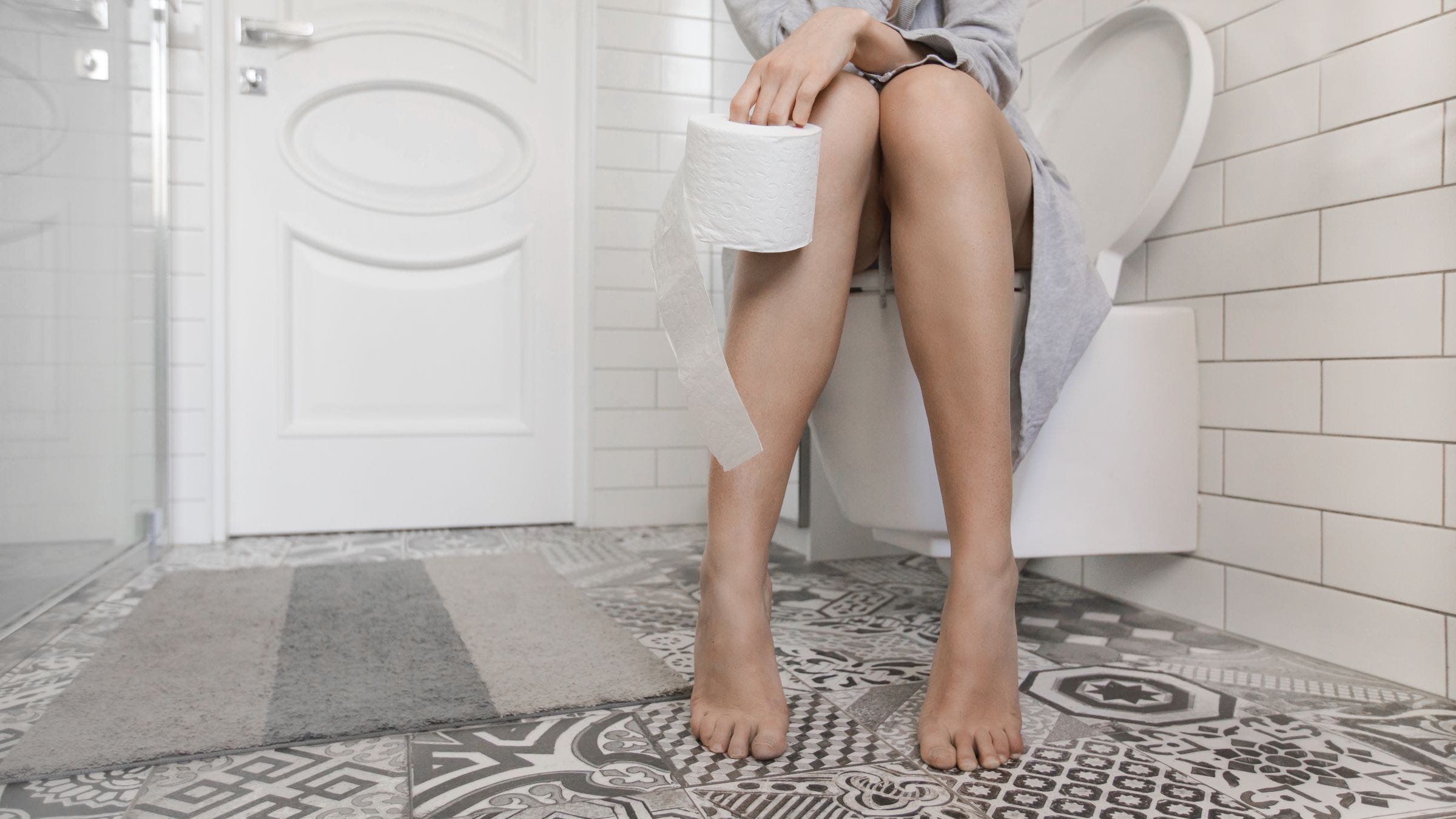
Using the bathroom should be simple and pain-free. So when urination comes with burning, stinging or another kind of pain or discomfort, it’s a pretty clear sign that something isn’t right.
Technically called dysuria, painful urination could be a sign of a number of different infections, some of which require treatment.
Here are a few things that could be causing pain during urination and how to ease or end it.
Urinary tract infection
Anyone can get a urinary tract infection (UTI), but this infection is more common in women. The infection occurs when bacteria make their way into the urethra and into your bladder. The bacterial overgrowth makes urine acidic, so when it comes out of the urethra, you'll get a burning sensation.
In addition to painful peeing, UTIs can cause symptoms such as a frequent and strong urge to pee.
Studies have shown that drinking 1.5 liters of water at the onset of UTI symptoms can eradicate the infection. If increased water intake doesn't help, antibiotics may be needed.
Yeast infection
The burning sensation you’re experiencing could also be the result of a yeast infection, which happens when there’s an overgrowth of yeast in the vaginal area. One way to tell if you have a yeast infection – as opposed to another type of infection — is that you’ll notice a thick, white discharge. Over-the-counter medications are easily available to treat yeast infection, but it’s always best to discuss your symptoms with a medical provider.
Sexually transmitted infections
Some sexually transmitted infections (STIs) can also cause painful urination. Chlamydia, gonorrhea, trichomoniasis and genital herpes can make it hurt to urinate. Other signs that you might have an STI include itchiness, changes to your vaginal discharge and, in the case of herpes, blisters or sores on your vagina or vulva.
In-office or at-home STI tests can help identify the cause of your symptoms. Treatment depends on the specific infection, but your health care provider can help you figure out the right option for you.
Cystitis
Cystitis, or an inflammation of the bladder, can be caused by a wide range of causes. However, in many cases, cystitis is caused by a bacterial infection.
Many irritants can upset the bladder lining and lead to inflammation — and, ultimately, pain while peeing. Cystitis can occur secondary to infection but can also occur after radiation to the pelvis or from an inflammatory condition called interstitial cystitis (otherwise known as bladder pain syndrome). Interstitial cystitis is characterized by bladder pain that goes away when you urinate. People with interstitial cystitis also have urinary frequency, urgency, chronic pelvic pain and pain during intercourse.

Urology concerns? Our experts can help.
The Ohio State urology team provides expert, compassionate care.
Learn more or schedule an appointment




